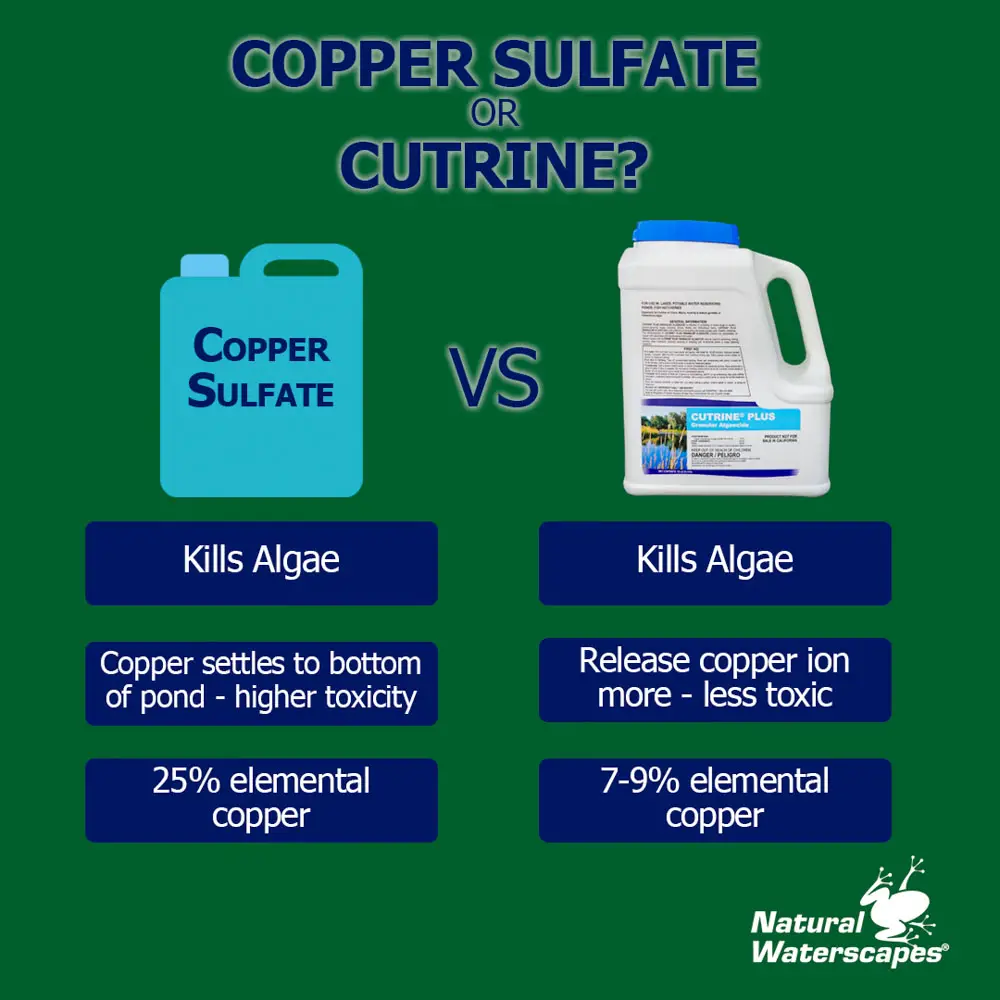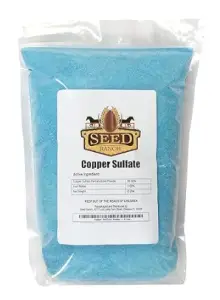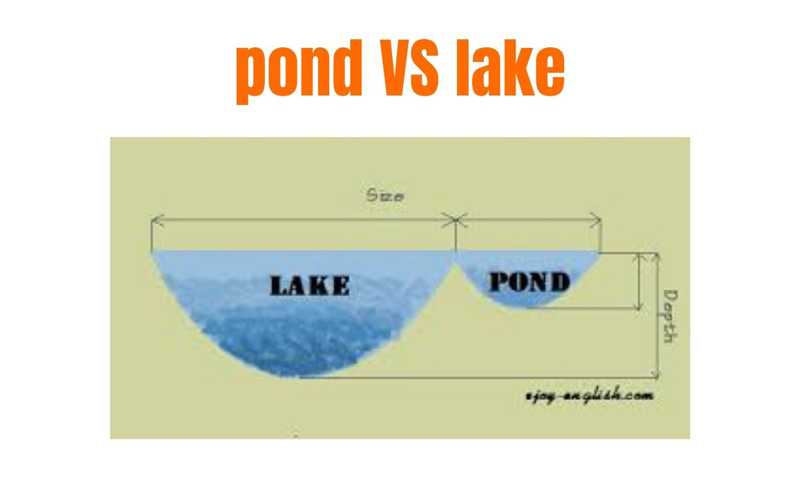When it comes to maintaining the health of your pond, using copper sulfate is a common practice. Copper sulfate is an effective algaecide and fungicide that helps control unwanted growth of algae and aquatic plants. However, many pond owners wonder how long copper sulfate lasts in a pond and its effectiveness over time.
Understanding Copper Sulfate
Copper sulfate, also known as bluestone, is a chemical compound that is commonly used in agriculture and aquaculture. It is a bright blue, crystalline solid that dissolves easily in water. When copper sulfate is added to a pond, it releases copper ions that are toxic to algae and certain aquatic plants.
The effectiveness of copper sulfate in controlling algae and aquatic plants depends on various factors such as water pH, temperature, and the concentration of copper sulfate used. Copper sulfate works by disrupting the cellular processes of algae and plants, ultimately leading to their death.

Duration of Effectiveness
The duration of effectiveness of copper sulfate in a pond can vary depending on several factors. Generally, copper sulfate can remain active in a pond for several weeks to a few months, depending on the dosage applied and environmental conditions.
When copper sulfate is applied to a pond, it begins to break down over time due to exposure to sunlight, oxygen, and other environmental factors. As a result, the concentration of copper ions in the water decreases gradually, reducing the effectiveness of the treatment.
Factors Affecting Durability
Several factors can affect how long copper sulfate lasts in a pond:
- Water pH: The pH of the water can impact the stability of copper sulfate. Low pH levels can increase the solubility of copper ions, leading to faster breakdown.
- Water temperature: Warmer temperatures can accelerate the degradation of copper sulfate, reducing its longevity in the pond.
- Organic matter: The presence of organic matter in the pond can bind with copper ions, reducing their availability for controlling algae and plants.
Reapplication of Copper Sulfate
To maintain the effectiveness of copper sulfate in a pond, reapplication may be necessary. Pond owners should monitor the algae growth and water clarity regularly to determine when to reapply copper sulfate.
It is important to follow the recommended dosage instructions when using copper sulfate to avoid overdosing, which can be harmful to fish and other aquatic life in the pond. Consulting with a pond management professional can help determine the appropriate dosage and frequency of copper sulfate application.

Credit: www.platinumlakemanagement.com
Alternative Treatments
While copper sulfate is a common treatment for controlling algae and aquatic plants, there are alternative treatments available that may have longer-lasting effects and fewer environmental concerns. Some alternatives to copper sulfate include:
- Beneficial bacteria: Adding beneficial bacteria to the pond can help maintain water quality and reduce algae growth.
- Barley straw: Barley straw can be used to inhibit the growth of algae in ponds, providing a natural and eco-friendly solution.
- Ultrasonic algae control: Ultrasonic devices can be used to control algae growth by disrupting algae cells through sound waves.
Conclusion
In conclusion, copper sulfate is an effective treatment for controlling algae and aquatic plants in ponds. While the duration of its effectiveness can vary, regular monitoring and maintenance are essential to ensure the health of the pond ecosystem. Understanding the factors that influence the longevity of copper sulfate in a pond can help pond owners make informed decisions about its use and explore alternative treatments for long-term algae control.



